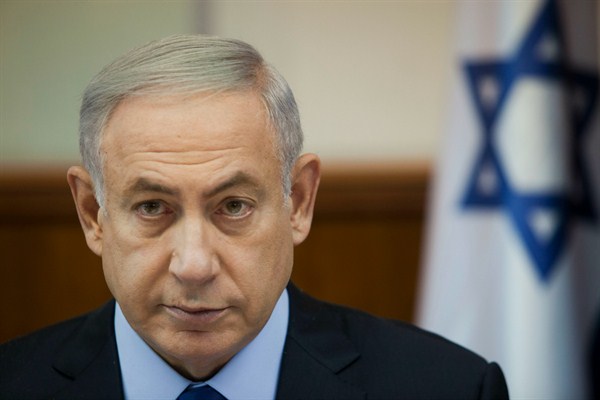In late June, Israel and Turkey struck a long-awaited deal to normalize diplomatic ties, ending the six-year chill sparked by Israel’s raid on a Gaza-bound flotilla that killed eight Turks and an American citizen of Turkish origin. Under the deal, Israel will allocate $20 million for compensation of the victims’ families. As ties are restored, each country will return its ambassador, and the two sides could even enter talks on a natural gas pipeline. Turkey, for its part, will halt all criminal or civil claims against Israeli military personnel involved in the raid. Shortly after the deal was signed, a Turkish ship carrying humanitarian aid reached the Israeli port of Ashdod for through-shipment to Gaza.
The deal comes at an important moment for Israel, whose strategic outlook—internationally, domestically and in terms of the conflict with the Palestinians—is rapidly evolving. While prospects for stability in the region seem increasingly far off, the implications for Israel itself are less alarming.
That hadn’t been quite the case over the past five years. The 2011 popular uprisings of the Arab Spring empowered Islamist groups throughout the Middle East, worrying the Israeli political establishment. And in 2014, Israel’s military incursion in Gaza emboldened critics of the Israeli blockade of the territory, which is governed by Hamas. But with the crackdown on the Muslim Brotherhood in Egypt under hard-line President Abdel Fatah el-Sisi, fears of a more hostile immediate neighbor have been assuaged, even as the chaos in Syria has for now failed to materialize into a direct threat to Israel. Although international condemnation of Israeli policy in Gaza and the West Bank hasn’t diminished, many countries seem willing to put the issue aside while they focus on economic and security partnerships with Israel.

